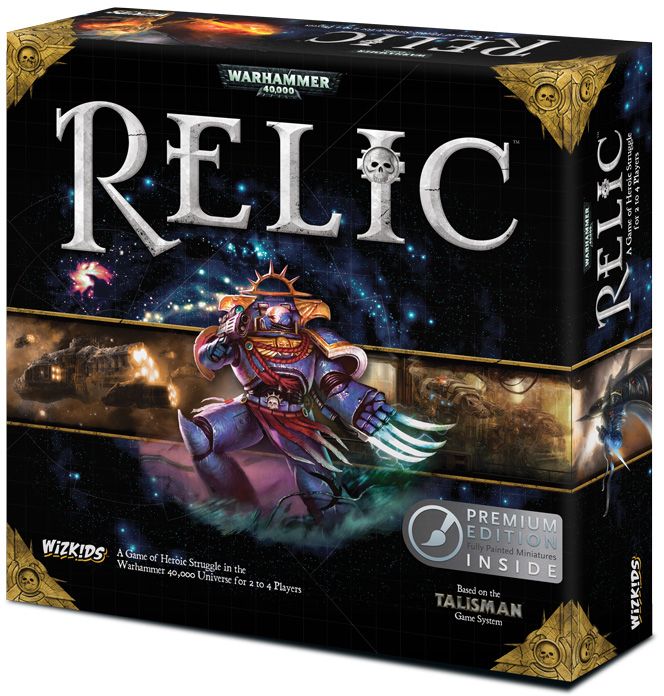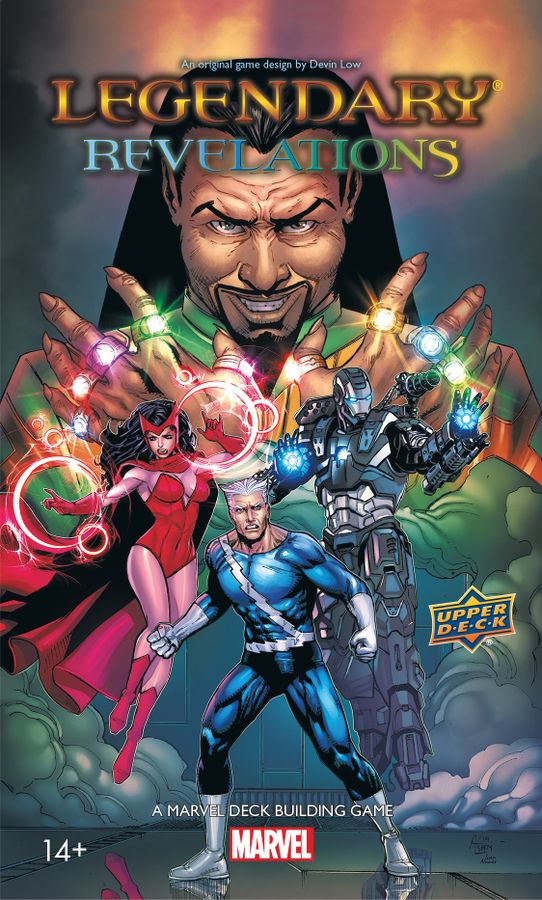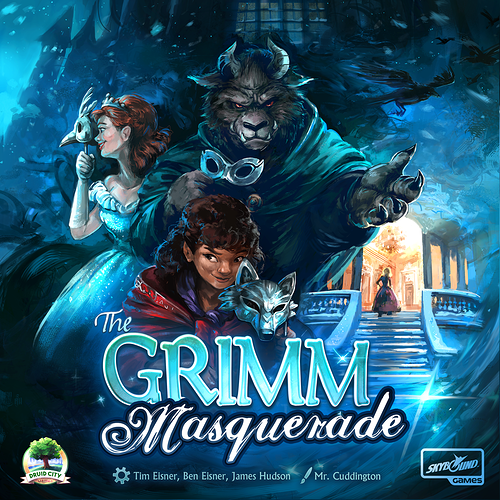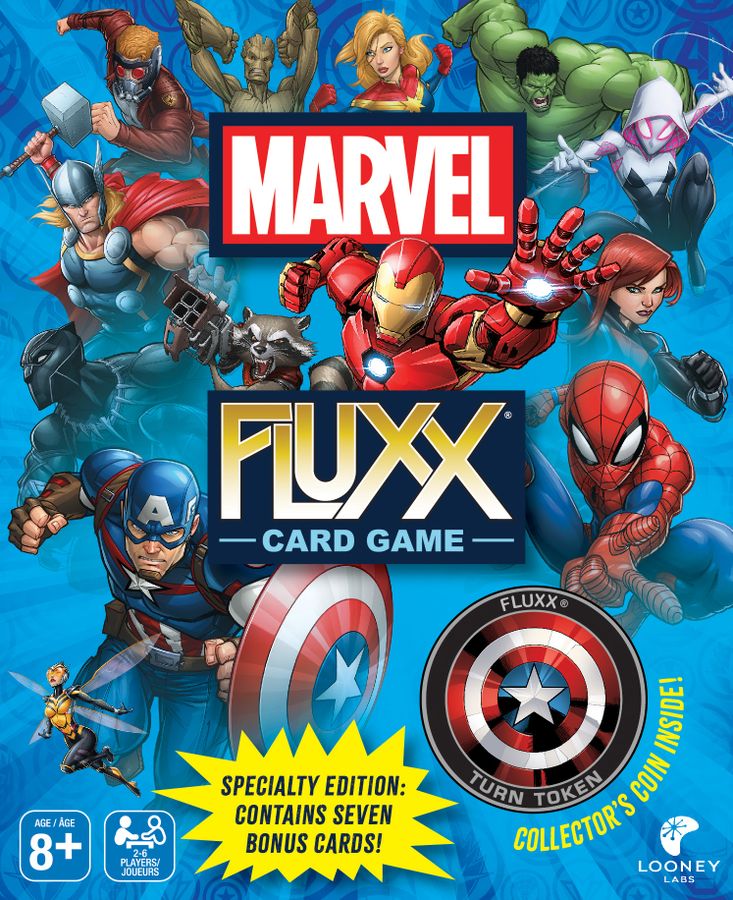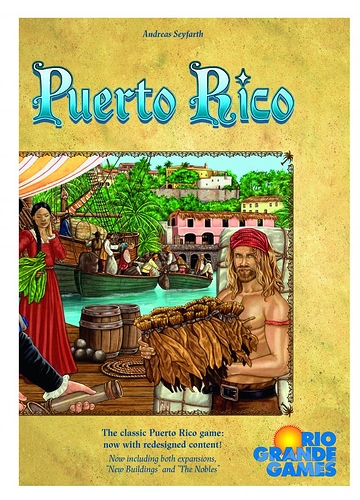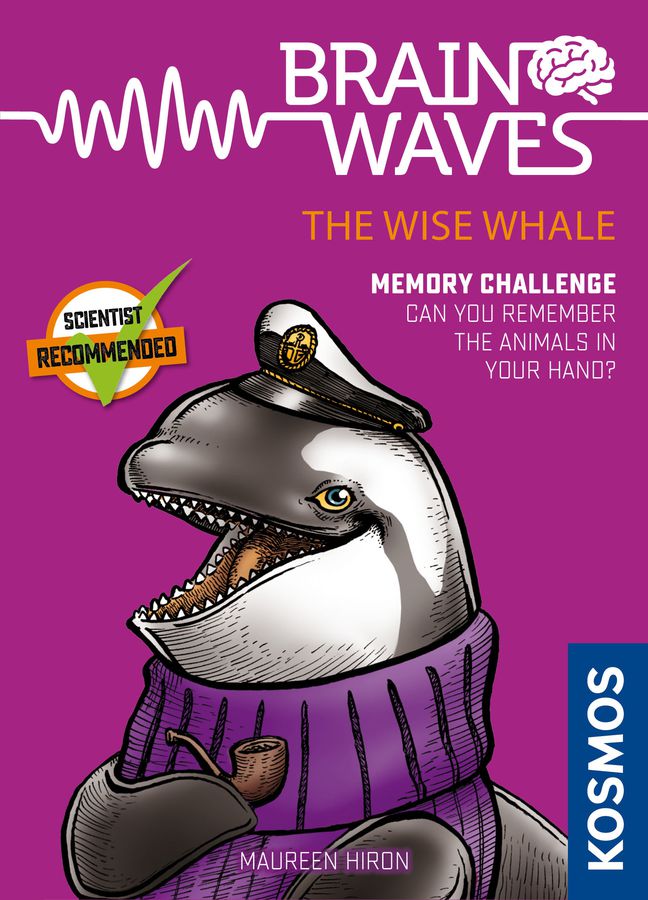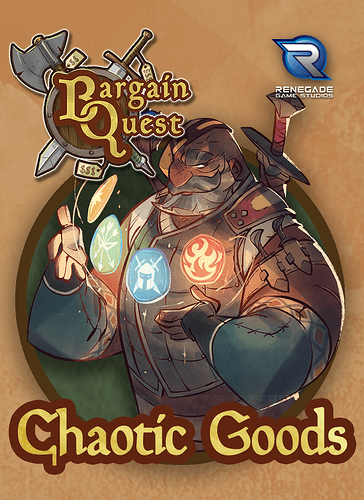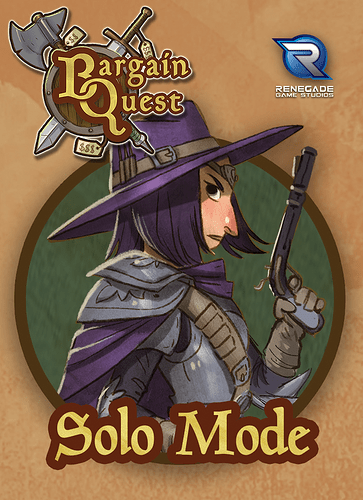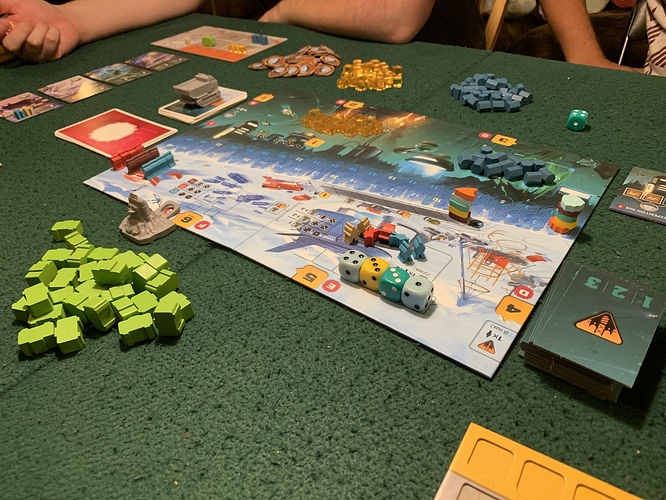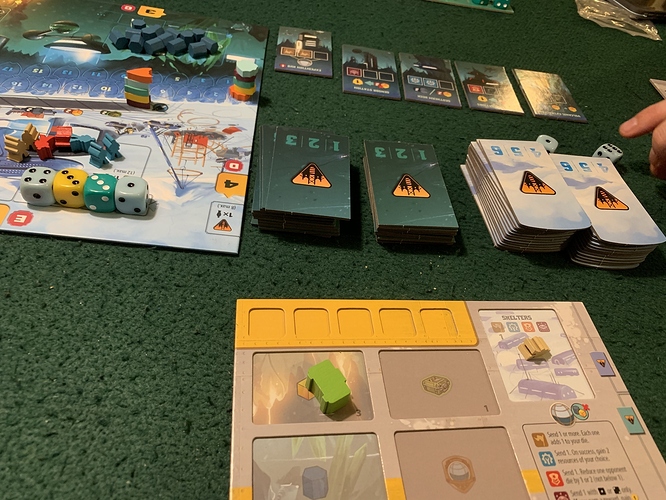Finally got Everdell to the table tonight. It’s an interesting mix of worker placement and tableau building, with a big 3D tree that…honestly doesn’t really contribute much of anything to the game, which was disappointing. It’s just a spot where you put workers you get in later turns, reminder text for the “season” system, and a second tray for the four randomized extra scoring goals.
Each player has both workers (2 to start, more as the seasons cycle) and a hand of cards they can play to their “city”, maximum of 15 in city and 8 in hand. There are also eight refreshable cards in the “Meadow” on the board which anyone can play. You take turns either placing workers on locations on the board (resource gathering, mainly, but there are also four randomized special locations, and some cards in your tableau may have worker locations. Plus scoring opportunities if you have the requirements), or paying resources to play out cards. “Construction” cards (buildings) will let you play a specific linked “Critter” (person) card for free as a separate action - for example, the Post Office will let you play the Postal Pigeon for free. Certain cards will produce.
At first (the “winter” turn) things feel very tight. You have no starting resources at all, and every card you might play costs resources to play. And you only have two workers to place to get those resources. Spring triggers production from any production cards you might have managed to put out, and adds another worker to your options. Combos start to become possible, and larger plays. Summer ramps you up to four workers and two Meadow cards of your choice (to your hand, not your city) and will be where the biggest combos and chain plays occur. And then Autumn hits and you’re up to a full six workers and another round of production, but you’re probably hurting for space in your city, resources only matter for filling any remaining slots (unless you have some way to score off them) and most of those workers will end up pushing for special scoring goals, tableau scoring locations, or the Journey spaces that allow you to burn cards for points in limited quantity (only opening in Autumn). It’s an interesting dynamic that feels fairly flavorful.
I took second place by a point or two despite being convinced I was well behind for most of the game. I was easily 20+ points behind the winner, though. And that’s at least in part because of my biggest problem with the game: it’s just a bit too luck driven. There is a class of card that pays off in some sort of bonus whenever you do (X), such as playing Constructions, playing Critters, etc. I only twice ever drew one of these, and only one of them in a context where it was at all useful to me, and even that was turns after the others. These are extremely important to engine building and I was simply shut out of that for virtually the whole game. Similarly, the special scoring goals often require particular combinations of card that I never once had the opportunity to play. These were responsible for 13 of the 20-odd points the winner beat me by. There are also particular card combinations that are especially effective (such as a Husband/Wife team that also requires a Farm to fully pay off - I had the Farm, got a Husband - actually could have played 2 - and never once had access to a Wife.).
It’s not by any means fully luck driven - even with the cards, there are multiple copies of everything and at least some of them come in 3 or 4 copies - and how you choose to spend your actions and your order of operations, etc definitely matter. Some of the lead the winner achieved was luck, but the lead itself was good play. But there’s enough there that it can be frustrating and I think it might well end up being the determining factor with people who’ve played enough to get the strategies involved down better. I guess we’ll see.
/pic368339.jpg)


